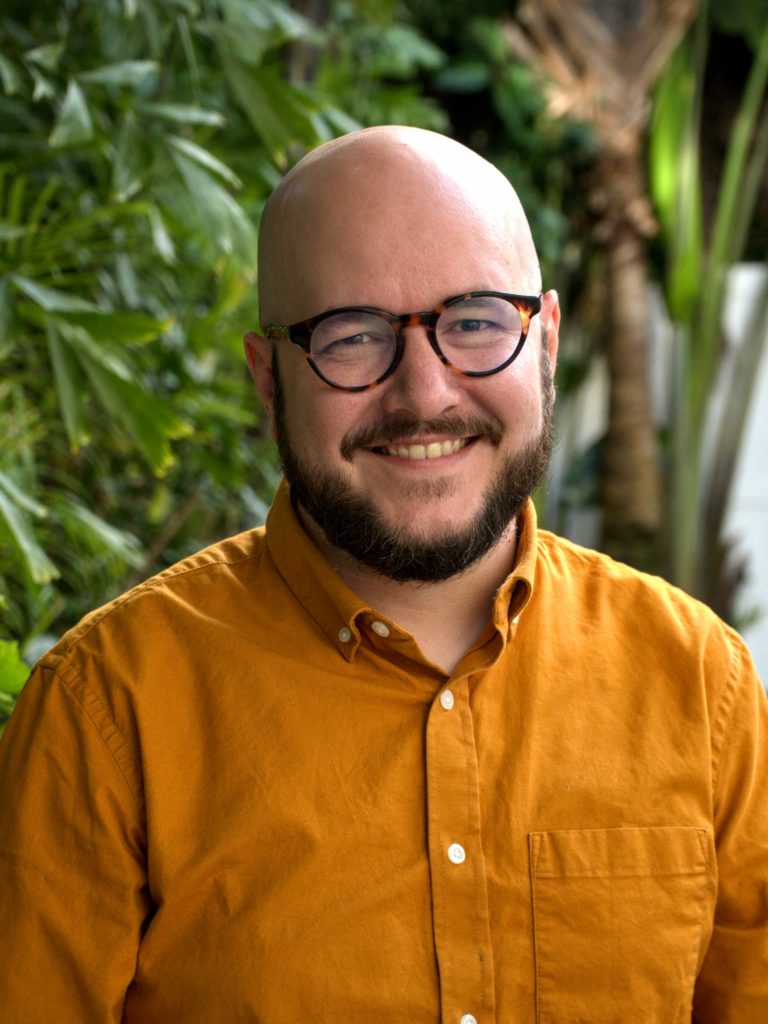Creating a Resilient Culture and Developing Resilient People


As we transition into a post-pandemic culture, daily headlines are focused on a potential recession, layoffs, social division, and more. Behind the headlines are human beings who are impacted by the realities of today’s world. When it comes to employee talent, organizations are considering the whole person, and wellness and mental health are an important part of daily workflow, areas of responsibility, and benefit packages.
When faced with adversity, employers need to know how to respond with resiliency. What does it mean to have a resilient culture? What does it look like to develop resilient people?
Adam Bouse, manager of performance coaching at 15Five, a performance-management platform, provided his expertise on this topic at From Day One’s December virtual conference on the future of jobs, where he highlighted successful practices of resilient people. He also offered strategies for developing a resilient culture with intention.
To start, Bouse defined resiliency as, “the capacity to bounce back from adversity and grow stronger from overcoming negative events. How do I bounce back? How do I get stronger because of the challenging things that are going on?” In order to actualize the idea, he offered six practices to building resiliency.
The first two points are that resilient people maintain an accurate view of reality, and they view difficulties as challenges instead of threats. Resilient people honestly acknowledge difficulties, but they don’t exaggerate the difficulty. They also don’t downplay or minimize the situation. Bouse said, “If you don’t start with an accurate view of reality, you’ve made the challenge even bigger because you may be working against a perception of bias–a skew that makes it harder for you to maintain that resilient attitude.”

The third piece to building resiliency is to cultivate what psychotherapist Viktor Frankl called a “redemptive perspective” on suffering. Frankl survived the concentration camps of World War II and studied trauma survivors extensively. Bouse quoted Frankl’s work when he shared that “Frankl found in his lived experience that people were able to find meaning in their suffering. It’s not about being glad or happy for that suffering. It’s being able to see how that suffering has shaped you.”
A fourth practice is choosing a mindset of optimism, and Bouse stressed that a mindset of optimism isn’t about simply staying positive or certain all the time. “It’s this sense of choosing to find possibilities in an unknown future, and to choose to believe that there are paths forward,” he said,
The fifth aspect is that resilient people stay connected to a strong social network. Bouse acknowledged that during stressful situations, the impulse to handle it all on our own is tempting. But, he said, “in order to stay in a place where we have the most support as possible, it’s not just about relying on our own individual competencies. It’s also about seeking out other people to help us navigate our experiences.”
Lastly, resilient people take time to rest and recover, which Bouse said is also a tool that companies can use to build a resilient culture. “When you’re making plans, ask yourself: How can I cultivate human thriving? How can I minimize frustration? How can I make a decision that doesn’t just minimize harm, but actually maximizes opportunities for inspiration and satisfaction?”
These practices can be implemented by employers in simple ways. For example, at 15Five, they have mandatory breaks between meetings in order to mitigate the stress and pressure of back-to-back appointments. 15Five has also built mindfulness into team meetings by practicing collective gratitude. “There is a real and very powerful impact in practicing gratitude,” Bouse said.
Finally, he challenged organizational leaders by saying, “You have the opportunity–if you are leading people in any way, shape, or form–to change the way people experience work, the way people experience each other, and the way that people experience themselves. We need to teach and develop these emotional skills, and this needs to be a constant and intentional practice.”
Editor’s note: From Day One thanks our partner, 15Five, who sponsored this this thought leadership spotlight.
Christina Cook is a freelance writer based in Dallas. She writes about a variety of topics, including art, film, and live theater. Her 2017 children’s book Your Hands Can Change the World was a regional bestseller, and she is the founder of the hyperlocal arts blog, Dallas Art Beat.
The From Day One Newsletter is a monthly roundup of articles, features, and editorials on innovative ways for companies to forge stronger relationships with their employees, customers, and communities.